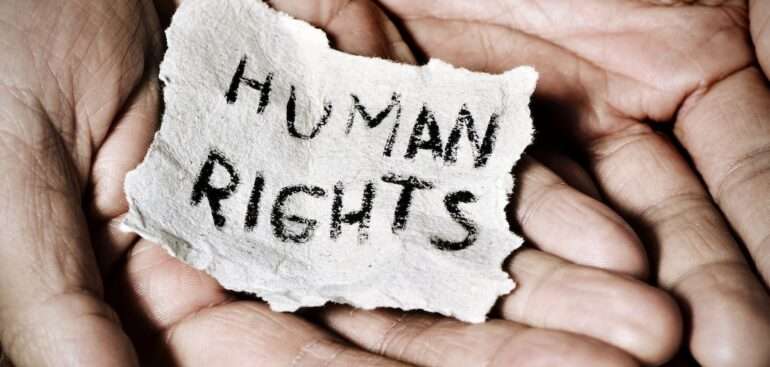The Human Rights Commission of Pakistan (HRCP) has raised an alarm over the worsening political dysfunction and rampant human rights violations in Punjab, painting a haunting picture of suffering, inequality, and neglect. During the release of its annual “State of Human Rights in 2024” report on July 22 in Lahore, the commission revealed that the province, once a symbol of hope and progress, now lies submerged in a political and social quagmire.
While the HRCP acknowledged a rise in voter registration and a positive shift in women’s representation in the 2024 general elections, the situation in the Punjab Assembly tells a darker story. Despite women’s political empowerment doubling, the chaos within the assembly, where the voices of opposition were stifled and disrespect toward women MPs became the norm, undermined any progress made. The HRCP’s report shone a light on these painful contradictions, highlighting how the legislature has become a battleground for power struggles rather than a platform for governance and people’s rights.
But the human rights crisis in Punjab runs far deeper. The Punjab Defamation Act of 2024, rushed through without meaningful debate, is a direct assault on freedom of expression. The HRCP warned of its unconstitutional nature, yet the law remains in place, choking the very essence of democracy. Meanwhile, authorities have tightened their grip on dissent, even shutting down roads to hinder PTI protests, stripping citizens of their right to free movement and political engagement.
Religious minorities, particularly Christians and the Ahmadiyya community, continue to bear the brunt of violence and discrimination. The brutal lynching of a Christian man in Sargodha, accused of blasphemy, is a glaring reminder of the pervasive climate of hatred and intolerance that threatens minorities. The Ahmadiyya community, feeling the weight of systematic persecution, has been driven to the heartbreaking decision of withdrawing from the electoral process altogether, a painful surrender to an environment that refuses to protect them.
Even more heart-wrenching are the numbers detailing the surge in child abuse and violence. Punjab accounts for a staggering 78 percent of the nation’s reported child abuse cases in the first half of 2024 alone. Over 2,500 cases of sexual abuse, more than 2,100 kidnappings, and hundreds of instances of trafficking and physical abuse paint a grim reality for children in the province. The tragic death of 11-year-old Ayesha, a domestic worker, serves as a brutal reminder of the dangers faced by children in homes that should be safe havens, not places of peril.
Gender-based violence continues to plague the province, with countless stories of rape, fatal domestic abuse, and honor killings. The handling of such cases by law enforcement and institutions remains an ongoing issue, leaving survivors without justice and hope. Despite a recent legal victory striking down gender-based distinctions in the Child Marriage Restraint Act, the HRCP decried the lack of broader reforms to protect children and women from the pervasive violence that surrounds them.
The report also shed light on the plight of workers, particularly sanitation workers enduring hazardous working conditions, and the government’s indifference to the toxic air plaguing Punjab. Cities like Lahore and Multan, choked by smog, represent the state’s failure to address the environmental crisis that has claimed the health and lives of thousands.
Perhaps the most chilling part of the report was its coverage of the deaths of innocent Punjabi citizens. Nine lives were claimed on the Quetta-Taftan highway, while seven laborers were killed in suspected militant attacks in Panjgur, Balochistan. These incidents are not isolated—they are part of a larger, ongoing tragedy that speaks to the government’s inability to protect its most vulnerable citizens.
The HRCP’s report is a stark reminder that, from the legislature to the streets, rights are being trampled upon in Punjab. The failure of the state to protect its citizens from violence, discrimination, and abuse is not just a political failure—it is a human tragedy. The commission’s cry for justice is a call to action, urging all to stand up against the system that continues to forsake the people it was meant to protect. The state of human rights in Punjab is a mirror to the soul of a society in crisis—one that demands urgent reform, accountability, and, above all, humanity.
